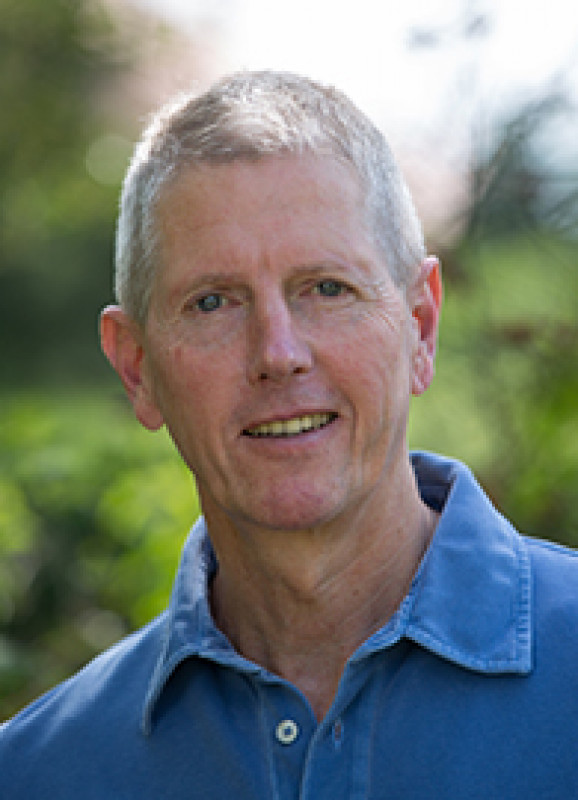KLI Colloquia are invited research talks of about an hour followed by 30 min discussion. The talks are held in English, open to the public, and offered in hybrid format.
Fall-Winter 2025-2026 KLI Colloquium Series
Join Zoom Meeting
https://us02web.zoom.us/j/5881861923?omn=85945744831
Meeting ID: 588 186 1923
25 Sept 2025 (Thurs) 3-4:30 PM CET
A Dynamic Canvas Model of Butterfly and Moth Color Patterns
Richard Gawne (Nevada State Museum)
14 Oct 2025 (Tues) 3-4:30 PM CET
Vienna, the Laboratory of Modernity
Richard Cockett (The Economist)
23 Oct 2025 (Thurs) 3-4:30 PM CET
How Darwinian is Darwinian Enough? The Case of Evolution and the Origins of Life
Ludo Schoenmakers (KLI)
6 Nov (Thurs) 3-4:30 PM CET
Common Knowledge Considered as Cause and Effect of Behavioral Modernity
Ronald Planer (University of Wollongong)
20 Nov (Thurs) 3-4:30 PM CET
Rates of Evolution, Time Scaling, and the Decoupling of Micro- and Macroevolution
Thomas Hansen (University of Oslo)
4 Dec (Thurs) 3-4:30 PM CET
Chance, Necessity, and the Evolution of Evolvability
Cristina Villegas (KLI)
8 Jan 2026 (Thurs) 3-4:30 PM CET
Embodied Rationality: Normative and Evolutionary Foundations
Enrico Petracca (KLI)
15 Jan 2026 (Thurs) 3-4:30 PM CET
On Experimental Models of Developmental Plasticity and Evolutionary Novelty
Patricia Beldade (Lisbon University)
29 Jan 2026 (Thurs) 3-4:30 PM CET
Jan Baedke (Ruhr University Bochum)
Event Details

Topic description / abstract:
From a public health perspective, and with a long-standing background in interactive knowledge-to-action research, I will first focus on the challenges of structural change and potential means of collective action to address them. I will introduce a model of the interplay between structure and agency as a theoretical frame of reference. I will then use a case study in health promotion to demonstrate how a transdisciplinary approach to co-production ("cooperative planning") can serve as a mechanism for structural change. The second part of the presentation deals with certain challenges of transdisciplinary research. In particular, the scientific impact of such research will be examined. As a first result of an international fellow group of tdAcademy on this issue, we propose to distinguish between an epistemic, an ethical and an organizational dimension of scientific impact. Focusing again on my case study, concrete examples of all three dimensions will be presented. I conclude with some preliminary thoughts on a possible fourth ("strategic") dimension.
Biographical note:
Alfred Rütten is Senior Professor at Friedrich-Alexander University Erlangen-Nuremberg (FAU), Germany. Previously, he served as head of the Division of Public Health and Physical Activity and as director of the first WHO Collaborating Centre on Physical Activity and Public Health in Europe. In 2013 he received an honorary doctorate from the Lithuanian Sports University. He led several cross-national research and development projects on behalf of the European Commission and WHO. He also has been the coordinator of a BMBF-funded research network on capabilities for active lifestyle and interactive knowledge-to-action – Capital4Health. Most recently he published on “researchers as policy entrepreneurs” and on “cooperative planning” and “structural change” in health promotion.


